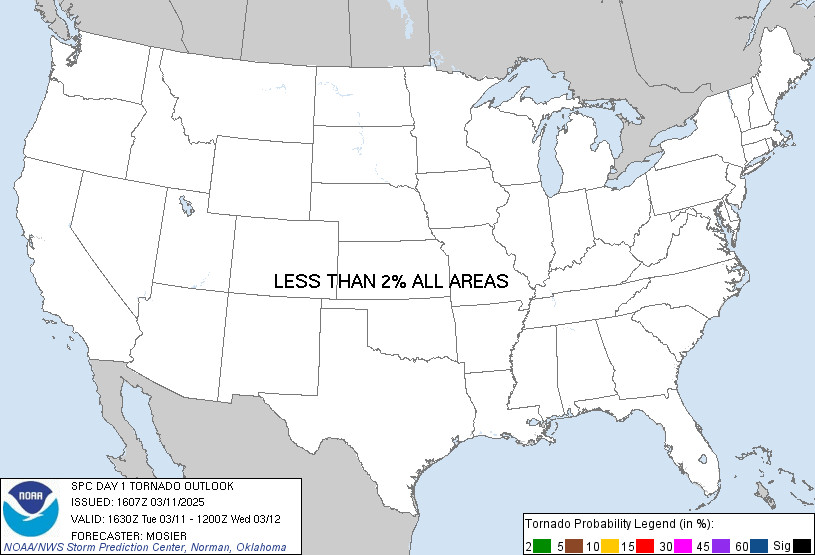The age-old riddle “Where does today come before yesterday?” has a simple, yet clever answer: in the dictionary. This playful brain teaser relies on the alphabetical order of words rather than a chronological sequence of time. It highlights the difference between literal and figurative language, showcasing how words can have multiple meanings and interpretations. Understanding this distinction is key to solving word puzzles and riddles that rely on linguistic trickery.
This type of riddle is a classic example of a linguistic puzzle. It plays on the double meaning of words and their arrangement within a specific system, in this case, alphabetical order. These riddles encourage critical thinking and problem-solving skills by forcing us to think outside the box and consider alternative interpretations.
While the answer might seem straightforward, the riddle’s effectiveness lies in its ability to momentarily misdirect our thinking. We initially process the words “today” and “yesterday” in their temporal context, leading us down a path of chronological reasoning. The riddle cleverly subverts this expectation, reminding us that language can be manipulated for playful and thought-provoking purposes.
Beyond its entertainment value, the riddle serves as a reminder of the importance of precise language and careful word choice. In various fields, from law to science, clarity and accuracy in communication are crucial. Misinterpretations can lead to significant consequences, highlighting the power of words and their potential for both clarity and confusion.
This seemingly simple riddle has broader implications for how we approach problem-solving and critical thinking. It encourages us to question assumptions, consider alternative perspectives, and think creatively to arrive at solutions. These skills are valuable not only for solving riddles but also for navigating complex challenges in everyday life. By understanding the underlying principles of language and logic, we can enhance our ability to analyze information, identify patterns, and make informed decisions. This riddle reinforces the idea that knowledge and understanding extend beyond the memorization of facts and encompass the ability to apply concepts in novel and creative ways.
The “today and yesterday” riddle highlights the importance of context in understanding language. The same words can have vastly different meanings depending on the situation in which they are used. This principle extends beyond riddles and applies to all forms of communication. Recognizing the context of a conversation, a written text, or any other form of communication is essential for accurate interpretation and effective communication.

